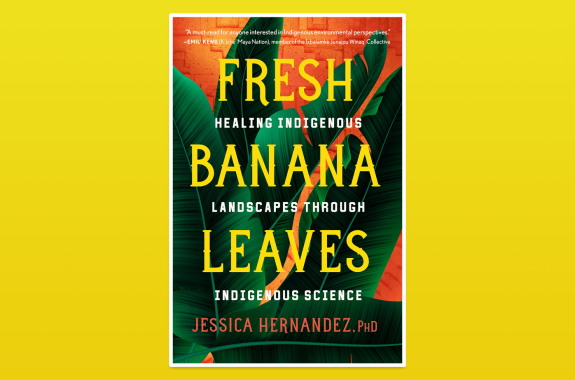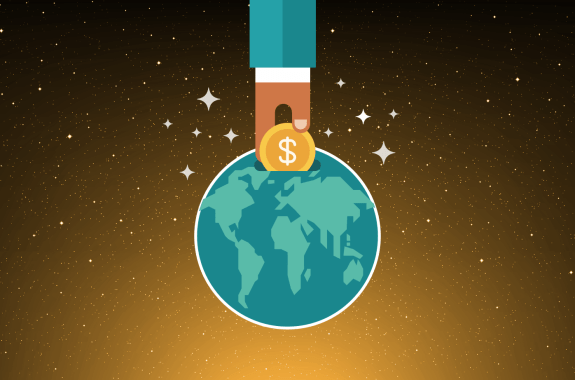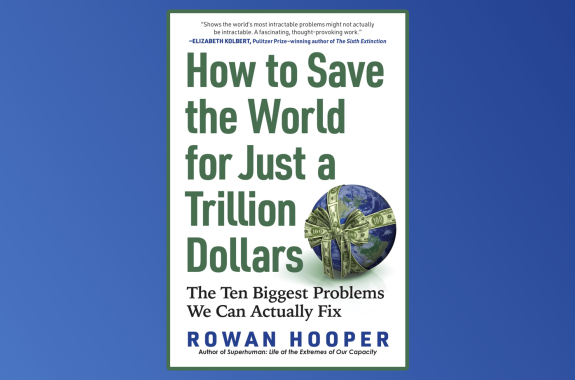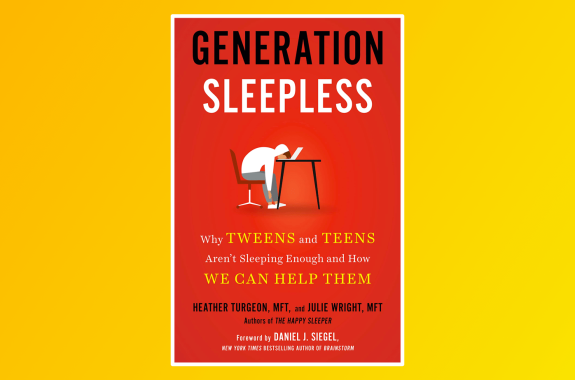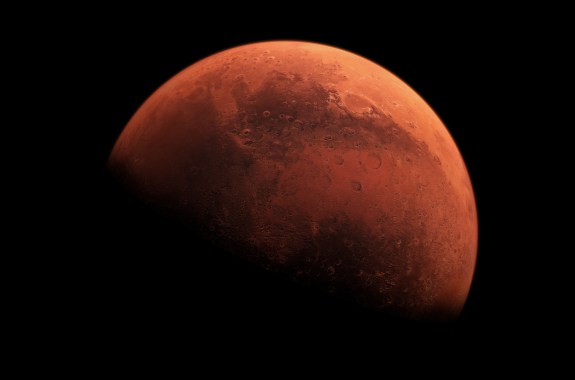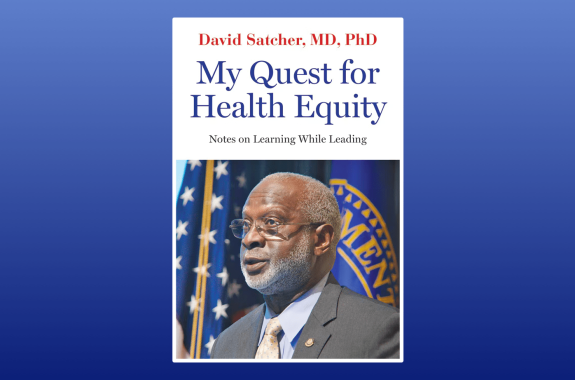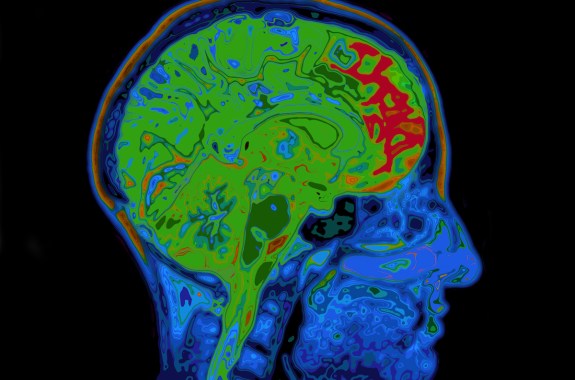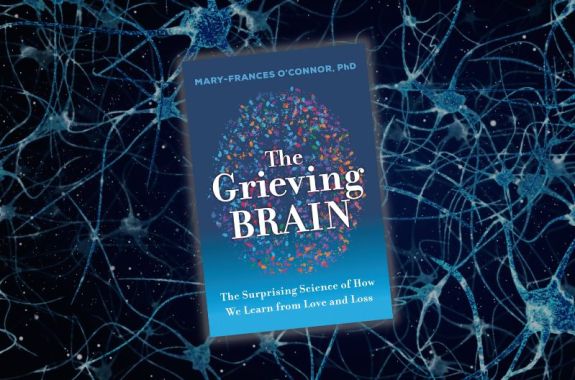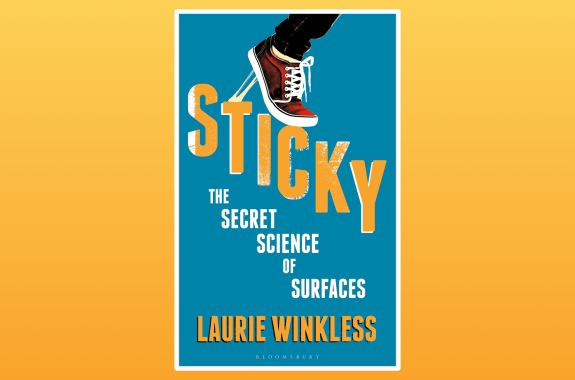An Indigenous Scientist On Purging Colonialist Practices From Science
Western science is built upon harmful research practices in Indigenous communities. Jessica Hernandez writes about how this can change.
16:37
How Would You Spend A Trillion Dollars?
Where an infusion of cash might make the most progress toward fixing the planet’s problems.
Why Exactly Should We Go Back To The Moon—And Onto Mars?
How should we square pro-space arguments from tech CEOs with the history of imperialism and underinvestment in social equity programs?
Teenagers Need More Sleep—And They’re Not Getting It
Getting enough sleep is vital for healthy brain development for teens. But outside societal factors prevent this from happening.
9:26
Blast Off To The Red Planet With The Spring Book Club
A planetary scientist explores the history of Mars in her book, “The Sirens of Mars.”
What Would American Healthcare Look Like If It Were More Equitable?
Former Surgeon General David Satcher writes about his efforts to eliminate healthcare disparities in the U.S.
28:49
How Grief Rewires The Brain
A neuroscientist explores the science behind heartache.
How The Brain Rewires Itself After Losing A Loved One
Neuroscientist Mary-Frances O’Connor explores what happens in the brain when you experience grief and why it’s a struggle to accept loss.
24:09
The Science Of Slip Versus Stick
The answer to why some things are sticky and some things are slippery comes down to the science of surfaces.
What Makes Something Slippery Or Sticky?
Physicist Laurie Winkless dives into the realm of surface science to figure out how its shaped our manufactured and natural worlds.
